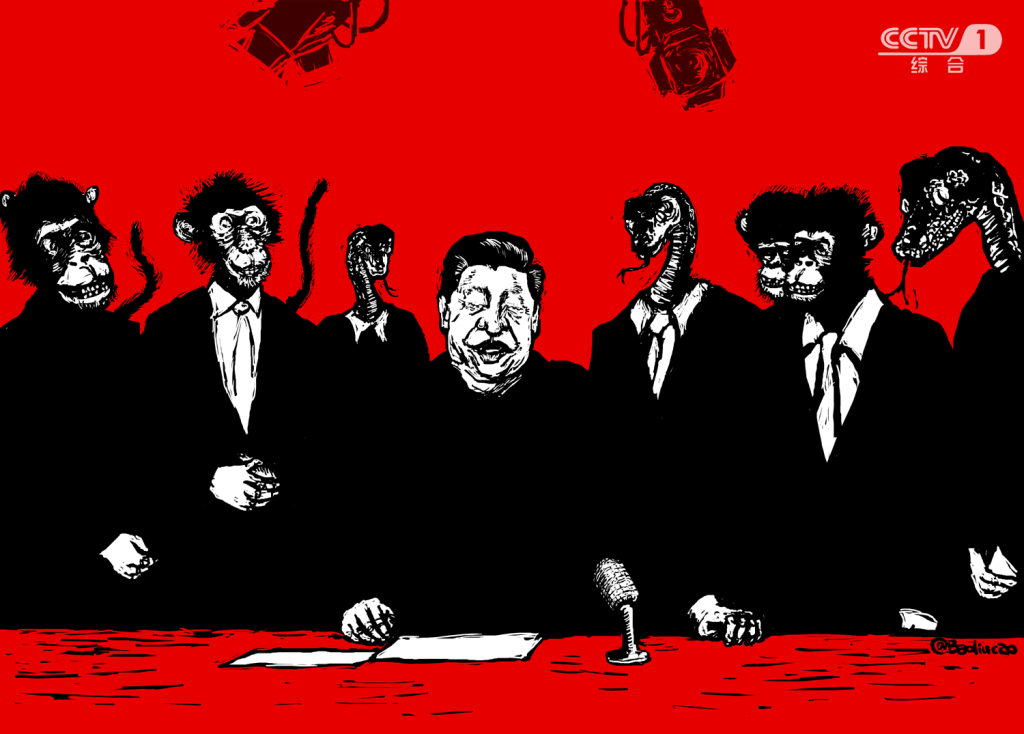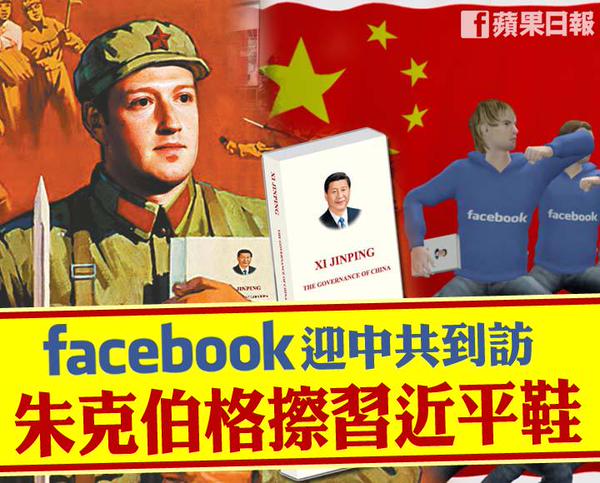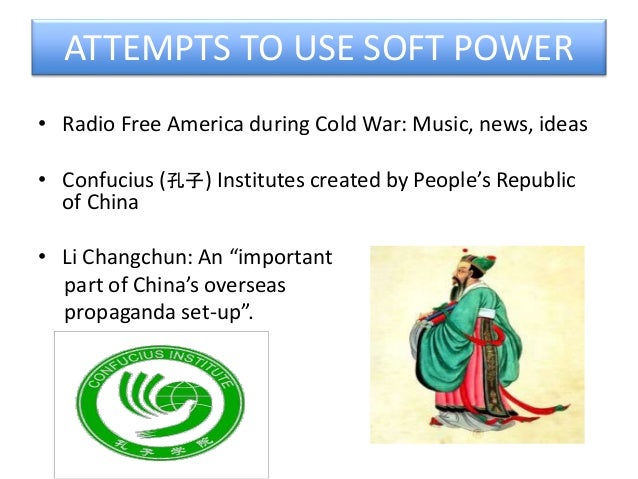The authorities were so confident of elections going their way that state media filed copy in advance.
BY JAMES PALMER

Hong Kong's chief executive, Carrie Lam, attends the opening session of the National People's Congress in Beijing's Great Hall of the People on March 5, 2018.
BY JAMES PALMER

Hong Kong's chief executive, Carrie Lam, attends the opening session of the National People's Congress in Beijing's Great Hall of the People on March 5, 2018.
As the district council election results came in Sunday in Hong Kong, the pan-democratic camp—the loose alliance of parties in favor of universal suffrage and opposed to Beijing’s policies—was ecstatic.
The democrats had expected a likely victory, though nervous about possible interference and fixing—but not of quite this scale.
By the end of the night, the democrats had tripled their seats, beating the pro-Beijing camp 389-61 with the highest turnout ever.
Seat after seat flipped yellow, as establishment representatives fell to a wave of public anger; the more tear gas had been used by the increasingly brutal Hong Kong police, the bigger the movement toward the democrats.
In newsrooms in Beijing, however, the results began a panicked scramble to find a way to spin them in favor of the Chinese Communist Party (CCP).
In newsrooms in Beijing, however, the results began a panicked scramble to find a way to spin them in favor of the Chinese Communist Party (CCP).
In stark contrast to most observers in Hong Kong, editors—and the officials behind them—appear to have sincerely believed that the establishment parties would win an overwhelming victory.
Propaganda is a heady drug, and Beijing got high on its own supply.
I spoke with editors and journalists, both foreign and Chinese, at China Daily, the flagship English-language newspaper of state media; at the English-language version of the nationalist tabloid Global Times; and at the People’s Daily—the CCP’s official newspaper. (My sources universally asked for anonymity.)
At each paper, copy was filed to editors the night before the Nov. 24 elections assuming a strong victory for the establishment.
This included predictions of increased majorities (with numbers left to be filled in as needed) for figures such as Junius Ho, whose vicious rhetoric against protesters has left him widely hated but whose comments regularly appear in the Global Times.
The misplaced confidence in Beijing’s victory points to a worrying problem; at high levels within the CCP, officials believe their own propaganda about Hong Kong.
The misplaced confidence in Beijing’s victory points to a worrying problem; at high levels within the CCP, officials believe their own propaganda about Hong Kong.
That’s a frightening prospect for both governance in China and for the future of the city, especially as the system struggles to come up with political excuses for a cataclysmic failure.
In many news organizations, it’s standard to pre-write stories to different outcomes or at least to prepare some copy in advance.
In many news organizations, it’s standard to pre-write stories to different outcomes or at least to prepare some copy in advance.
It’s possible that filing these stories was simply an attempt to make life easier and that the alternative copy, anticipating a democratic victory, was simply unwritable for political reasons. (Chinese office politics are intense, and the mere writing of such copy ahead of events could be portrayed by a rival as a sign of political unreliability.)
But I spent seven years (2009-2016) working as a foreign editor for the Global Times and never saw copy filed ahead of time for similar events.
But I spent seven years (2009-2016) working as a foreign editor for the Global Times and never saw copy filed ahead of time for similar events.
Articles published in China Daily and the Global Times in the run-up to the election also seemed to anticipate an establishment victory, saying that the turnout “demonstrated the hope of Hong Kong residents that the chaos will not continue.”
There was little attempt to preemptively discredit the results or establish a narrative in the event of failure, and the results have genuinely shocked the establishment.
Communist leaders actually believed the line being pushed ahead of the elections by the establishment; ordinary Hong Kongers—the “silent majority,” as flailing Chief Executive Carrie Lam repeatedly called them—were fed up with protest, blamed the opposition for violence, and wanted a return to normality.
Communist leaders actually believed the line being pushed ahead of the elections by the establishment; ordinary Hong Kongers—the “silent majority,” as flailing Chief Executive Carrie Lam repeatedly called them—were fed up with protest, blamed the opposition for violence, and wanted a return to normality.
Yet this was a narrative easily refuted by opinion polling, which repeatedly showed a lack of identification with the mainland, massive distrust in the police, and that the overwhelming majority of Hong Kongers, while unhappy with violence, principally blamed the government for it.
The biggest question in the minds of most analysts was whether the democrats would make sufficient gains to win a majority—while the copy filed in these mainland newsrooms anticipated the establishment increasing its margin of victory.
What caused such an enormous misjudgment?
What caused such an enormous misjudgment?
The biggest single problem is this: The people in charge of manipulating Hong Kong public opinion for the CCP are also the people charged with reporting on their own success.
The chief channel is the Hong Kong Liaison Office, a government organ that, officially, is in charge of pushing mainland-Hong Kong integration and that in reality acts as the coordinator for United Front policies, coordinating pro-Beijing politicians, CCP-backed newsletters, and the co-option of patronage and business networks.
At the same time, it also provides intelligence to the central government.
The protests have been a massive failure for the Liaison Office.
The silent majority narrative was a way of redeeming itself.
Material supporting it was being fed back to Beijing while any counternarrative was suppressed.
A similar problem reportedly emerged with the Taiwan office several years ago.
But, of course, the CCP leadership doesn’t rely on just one channel.
But, of course, the CCP leadership doesn’t rely on just one channel.
This isn’t a new problem for autocracies; from the Qing princes who told the emperor of fake successes against British forces to the Soviet underlings who reported imaginary harvests, dictatorships have a problem with data.
The CCP leadership is aware of this and usually receives its information through a variety of methods, including neican (“internal reports”) produced by media staff, especially at the official news agency Xinhua, for the leadership and informal channels—sometimes deliberately circumventing official sources to get at the truth.
The problem is that under the increasingly paranoid regime of Xi Jinping, even these internal reports have become much more geared toward what the leadership wants to hear.
The problem is that under the increasingly paranoid regime of Xi Jinping, even these internal reports have become much more geared toward what the leadership wants to hear.
Reporting on a failed program can be painted as a sign of disloyalty.
That’s especially the case when it comes to any issue involving separatism—in East Turkestan in 2017, more than 12,000 party members were investigated for supposed failings in the “fight against separatism.”
Hong Kong is not as politically dangerous as East Turkestan, but it’s still highly risky waters.
Political incentives cause multiple sources to repeat the same comforting narratives to the leadership, which then becomes convinced of its credibility.
This paranoia can go to extreme lengths.
In 2016, I began to notice that even positive comments from officials in the media about government programs were being reported anonymously.
A journalist friend told me the reason: A positive comment about a program backed by a leader who later fell in the rolling political purges under Xi could be very dangerous.
The fall of Bo Xilai, a prominent leader whom many journalists and pundits once backed, had killed many careers—and resulted in the disappearance of one of the country’s most famous TV anchors.
Outside of political risks for speaking critically, there are more subtle reasons for the group think.
Outside of political risks for speaking critically, there are more subtle reasons for the group think.
The need for stability and national unity is so heavily propagandized in the mainland that many Chinese citizens find the idea of backing protests, especially chaotic and violent ones, almost unimaginable.
Both the CCP leadership and ordinary mainlanders are also given to a crude Marxist analysis that sees material interests as dominant and finds ideological ones—especially those opposed to the CCP—hard to process.
Mainlander WeChat groups in Hong Kong shared the same conviction that the establishment would triumph and have been shocked by the results.The election has worsened a crisis of conscience in Beijing newsrooms.
Several current and former reporters, although broadly sympathetic toward the government position and especially conscious of the prejudices felt by many Hong Kongers against mainlanders, spoke of feeling uncomfortable with the extremism of the coverage.
Two especially singled out the repeated use of the term “traitors,” and one called their own paper’s coverage “toxic” and said it harmed attempts to win over the Hong Kong public.
The result may cause a change of thinking.
The result may cause a change of thinking.
But so far, all indicators are for a doubling down on previous convictions.
State media has turned to blaming protesters and the United States for supposed electoral interference, furthering a persistent paranoia inside the CCP about foreign intelligence.
Heads are likely to roll for the failure—but quite possibly the wrong ones.















